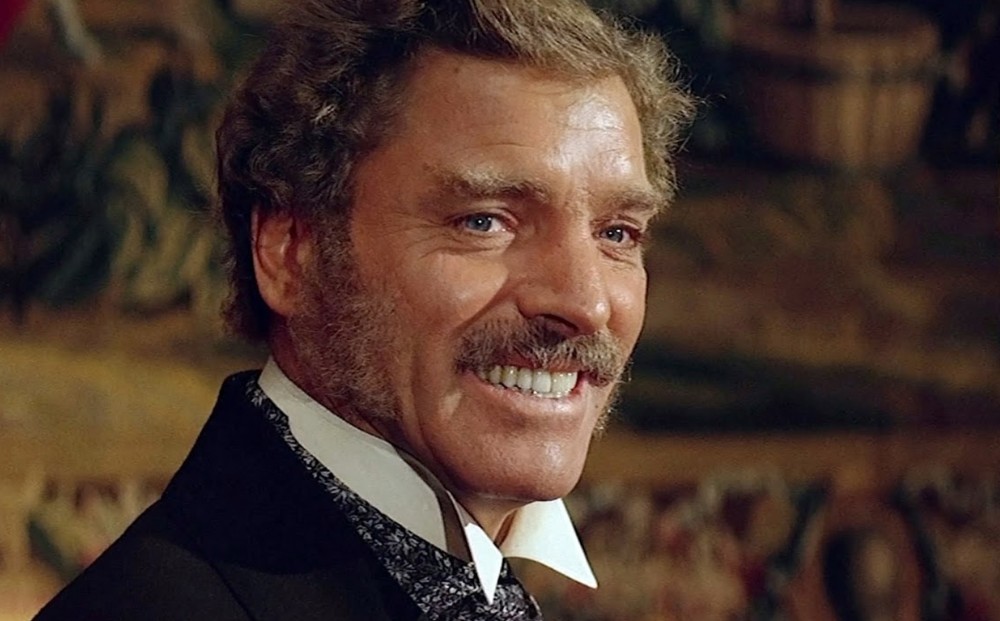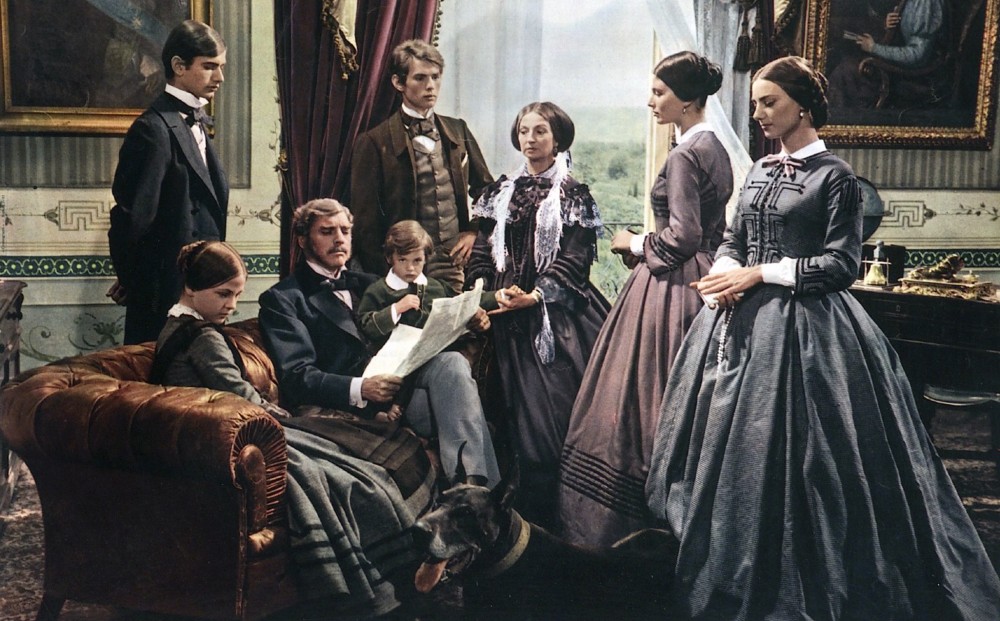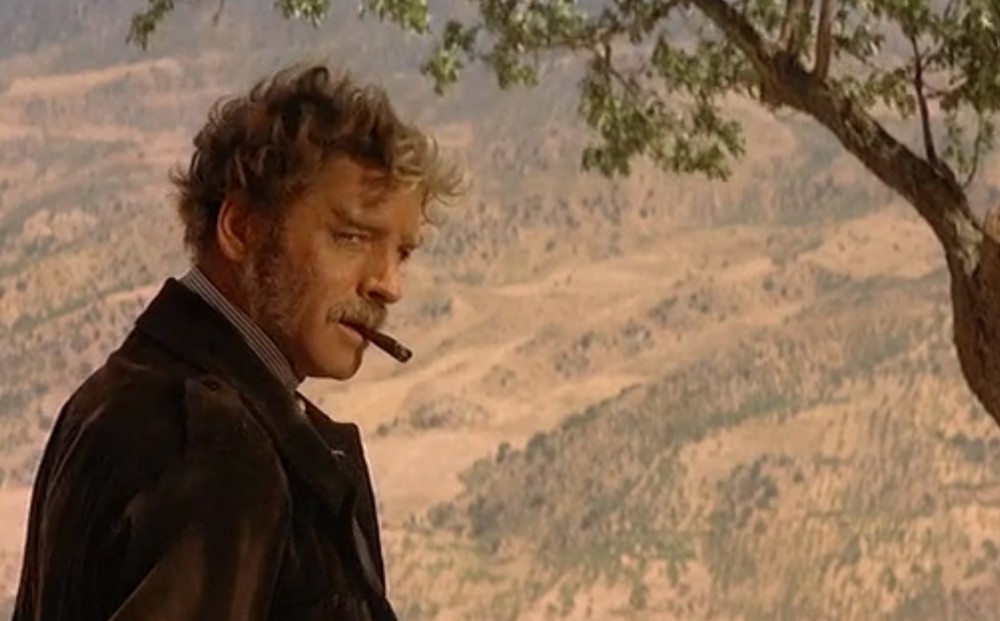THE LEOPARD
MUST END THURSDAY, AUGUST 8
5:45 ONLY*
*ADDED SCREENING
(1963, Luchino Visconti) “If we want everything to stay the same, everything must change.” Sicily, 1860: as a light breeze disturbs the curtains, an aristocrat leads his family in prayer in a stately palazzo – then a dead soldier is found in the garden. Garibaldi and the Risorgimento have come. In one of the screen’s greatest performances, Burt Lancaster as a the Prince of Salina reluctantly sees his beloved nephew Alain Delon off to join the rebels at the Battle of Palermo, then makes his peace with the changing times, marrying Delon to daughter-of-the-people Claudia Cardinale. Visconti’s spectacular adaptation of Giuseppe Tomasi di Lampedusa’s international bestseller is one of the cinema’s greatest evocations of the past, achingly depicting the passing of an ancient order, with a final stinging sense of an idealistic cause betrayed. (A passing the creators felt deeply: the novelist was Prince of Lampedusa and based his hero on his great-grandfather; lifelong Marxist Visconti was also the Duke of Modrone.) The climactic 45-minute ball sequence is a tour-de-force. DCP. Approx. 185 min.
Reviews
“If you want to know how the Sicilian aristocracy dressed and had dinner in the 1860s, this is the film for you – and I do not mean that facetiously. For what is most remarkable about The Leopard is that the film’s eye for table settings, porcelain, the color of the wines, and the costume of the ladies is only as strict and admiring as that of the film’s central character, Don Frabrizio, Prince of Salina, the monarch of the melancholy. He is Burt Lancaster to the eye, but in all other ways he is a surrogate for that duke of Madrone, Luchino Visconti himself… Lancaster is handsome and elegant. He moves with nobility (he always did).”
– David Thomson
“One of the finest Scope movies ever made, and Visconti’s most personal meditation on history: muscular in its script, vigorous in performance and sensuous in direction. Lancaster, in the first of his patrician roles is superb.”
– Martin Auty, Time Out
“A stunning visualization of a mood of melancholy and nostalgia at the passing of an age. Sentiment and sadness whisper through it like the soft Mediterranean breeze that flutters the curtains in the windows of the palace in the stark Sicilian hills, on the outskirts of Palermo, as the unhurried story begins. They waft through the slow and stately tableaux of incidents in the stilted, baroque life of a noble Sicilian family in the mid-19th century… The one thing that Mr. Visconti has been able to do magnificently is translate in terms of brilliant pictures, almost like paintings, the autumnal mood of change and decay that he onrush of social revolution brought to one family and to the spirits of one strong man.”
– Bosley Crowther, The New York Times



